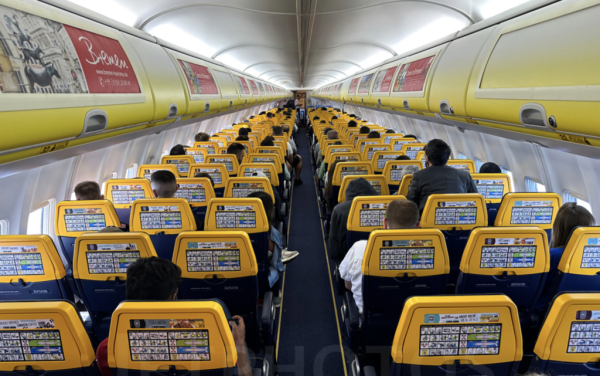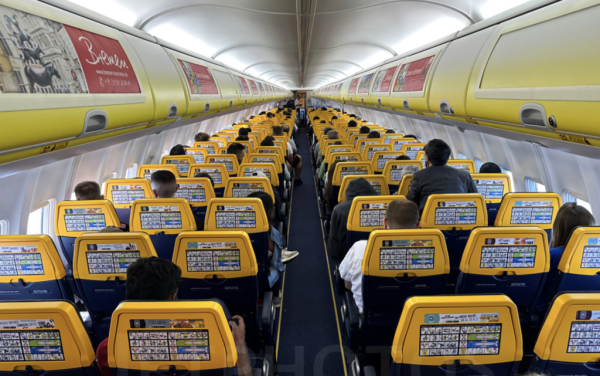


In a tragic yet extraordinary story of survival, seat 11A on an Air India flight has captured the imagination of Indian flyers after Vishwash Kumar Ramesh emerged as the sole survivor of a devastating crash last week. Travel agents across India have reported a noticeable uptick in customer requests for the same seat—believing it might offer a stroke of good fortune.
On June 12an Air India flight bound for London crashed shortly after takeoff from Ahmedabadkilling 241 passengers and crew. Miraculously, Vishwash Kumar Rameshseated in 11Asurvived with only minor injuries. He had been seated near the emergency exit; sadly, his brother, seated beside him, did not survive.
This rare survival story has led to an unusual trend. Travelers are specifically requesting seat 11Abelieving it to offer “peace of mind” or a symbolic layer of protection.
Anil Punjabiof the Travel Agents Federation of India, confirmed the surge in demand to The Times of India. Some flyers, like Rajesh Bhagnani and Jitender singh baggaeven stated they are willing to pay more for the seat, hoping for a sense of security.
“It’s not about logic,” said one agent. “It’s emotional assurance. People want to feel safer.”
However, aviation safety experts disagree. Jeff Guzzettia former U.S. transportation investigator, stated that seat safety is unpredictable and depends on complex crash dynamics. “There is no universally safer seat. Ramesh’s survival was likely a mix of luck and crash conditions,” he said.
Emergency exits may help in routine situations or evacuations—but not in full-scale crashes.
The black box from the crash was recovered on June 13. Investigators will analyze engine performance, flight controls, pilot actionsand weather conditions to determine the cause. A preliminary report is expected in weeks, while the full investigation could take years.
In the meantime, seat 11A has become a symbol—of chance, survival, and our enduring desire to find patterns, even in chaos.